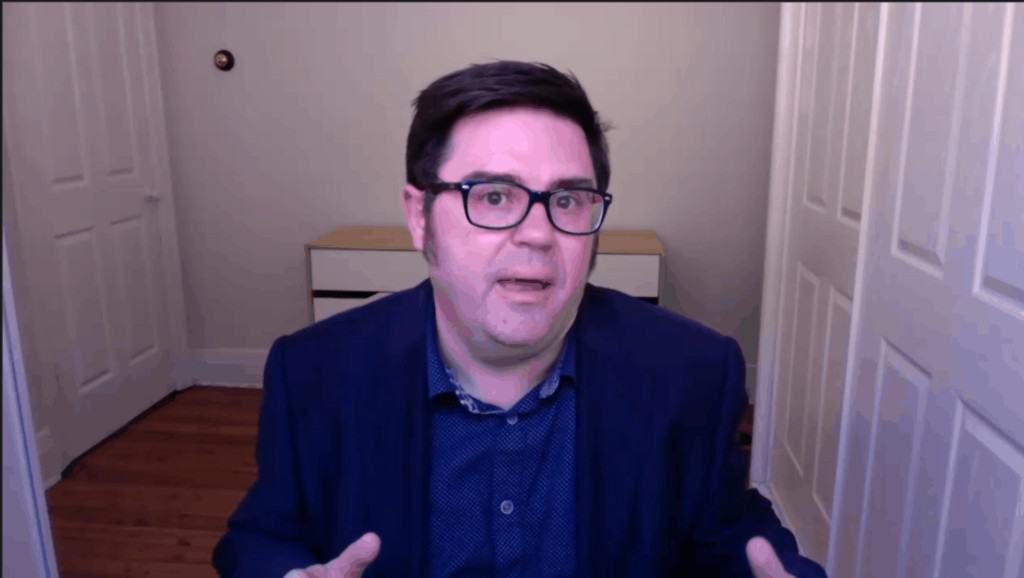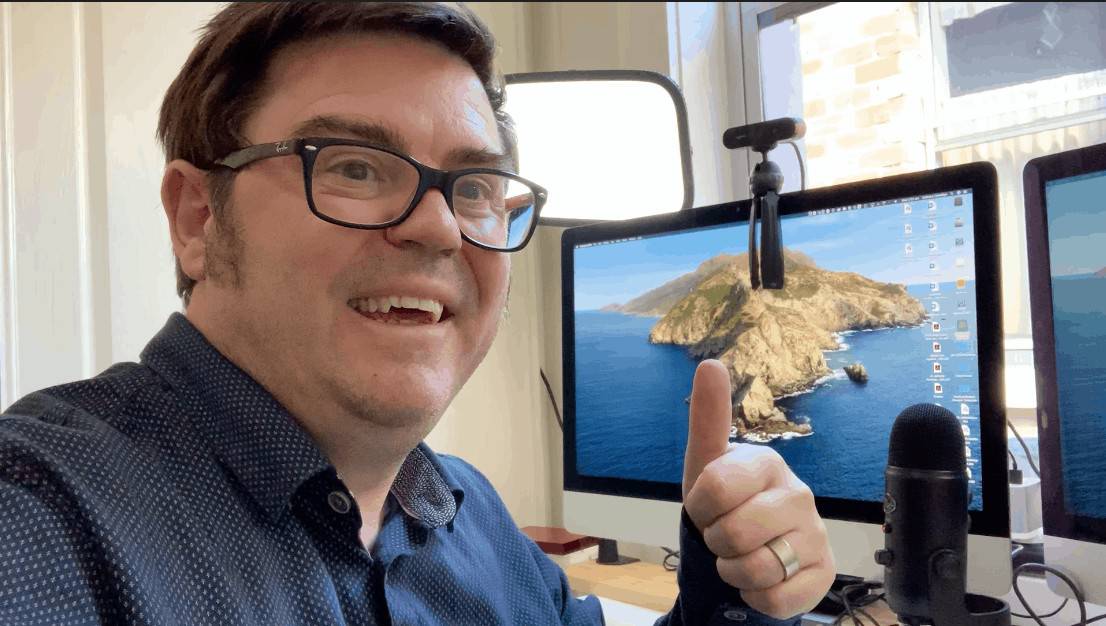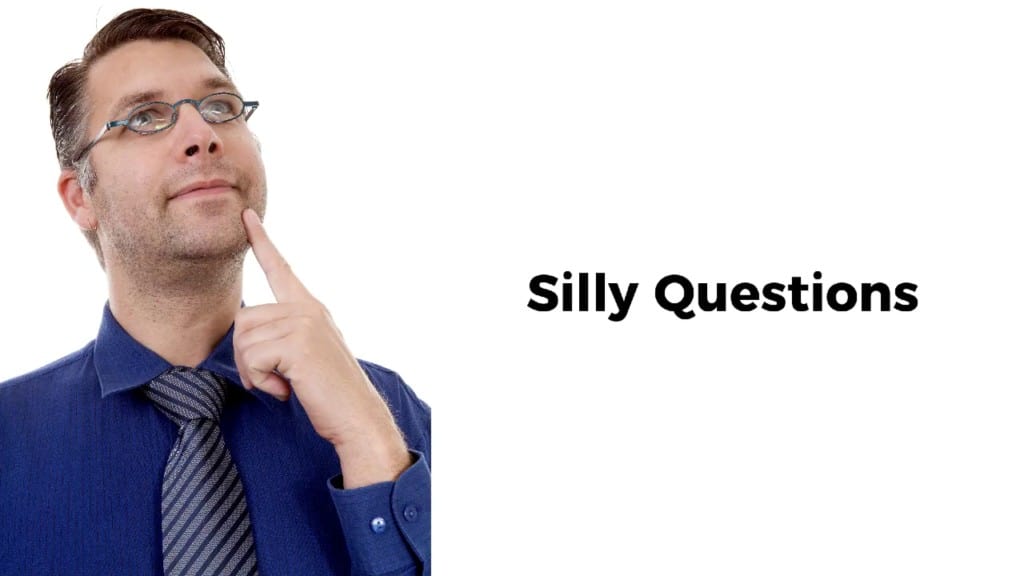As we turn to measures of social distancing in order to reduce the impact of COVID-19 it’s quite likely that your next job interview will be a video job interview conducted online. Having spent the past 4 years coaching doctors online, I am uniquely situated to give you some tips on how to ensure that using video for your next job interview does not impede your success.
If we were to summarise the key things you should be thinking about when invited to a video job interview via a video link they would be as follows: 1. Treat the interview with the same level of seriousness and preparation that you would any other job interview 2. Practice with the technology beforehand and make sure everything is running well beforehand 3. Have backup plans in place in case the technology fails 4. Be aware of additional things you will need to consider such as your background and lighting.
Shortly I will dive into these video job interview tips with a bit more detail to ensure that you are correctly set up. But before I do this let’s talk about why your success in being able to cope with a video interview might also be important.
Can You Handle Technology?
For most jobs these days being an adept end-user of technology is important. Employers don’t want to spend lots of time training you how to use common technology when they can probably find other candidates who can already do so. Medicine, the area that I work in is no different.
So I am going to go out on a bit of a limb here and suggest that we will see a couple of recruitment trends arising out of the COVID-19 crisis:
- Employers will move over to interviewing more candidates on video and many won’t go back as they will discover benefits from this approach.
- The ability for candidates to handle the use of video will be taken as a proxy for their general overall level of skill in information technology.
Why Employers Will Love Video Interviewing
I predict that once employers embrace video interviewing they will soon discover that it offers great benefits over traditional interviewing. A key issue will be flexibility. Candidates will be able to more flexibly attend interviews and panel members will also be more flexible in their attendance.
Some video interview systems even allow candidates to lodge their answers to questions independent of the panel, who can then come in and review the recordings later.
This type of approach can be used to ensure that all panel members have reviewed the candidates even if they are not in the same room at the same time, which can be a compliance issue for recruitment in some industries.
Why Your Ability To Use Video Technology Is Important
In a traditional face-to-face job interview, your oral communication is normally assessed by the panel as part of your overall performance. From this assessment, implications are made about your general ability to communicate. These assessments will often be wrong as communication performance in a stressful job interview is often unlikely to correlate with normal day-to-day communication.
In the same vein, you might be the most technology literate candidate but if you are seemingly struggling with the video technology you will probably be judged by the panel, in this case unfairly, that you will have big problems using the technology in the workplace.
So let’s look at how you can turn this potential bias into an advantage for you.
1. Treat A Video Interview the Same As Any Normal Job Interview
The mantra has always been that you should always attend the interview in person if at all possible And there are good reasons for this. So much communication is missed if you are not there live. Particularly body language, which can go a long way to interpreting cues from the interview panel, for e.g. “are they liking my answer right now or not?”
But having worked in online video platforms now for the past four years let me reassure you that the technology is definitely catching up quickly and whilst it will probably never really completely replace an in-person interview. If you use the right technology and the right approach you can definitely come very close, even to the point of being able to see most of the important body language cues.
This is why my first tip has completely nothing to do with the actual medium or technology but a reminder that you should be treating the video interview just the same as any normal job interview.
This, of course, means things like preparing beforehand, finding out the names of the interview panel beforehand, having the appropriate outfit on, combing your hair, and arriving early to the interview.
In relation to arriving early. This will generally mean logging into the video platform a few minutes ahead of time. Say for ten minutes. Depending on what platform the interviewer is using you will normally be placed into some form of waiting room until the panel is ready to see you.
Like most interviews, you can probably safely assume that they will be running behind. Depending on how familiar they are themselves with the technology they may be way behind! Remember this year, in particular, a lot of places may be doing this for the first time.
Whilst you are finding out about the interview panel members’ names also ask about the video platform to be used for the interview. See below.
2. Include the Fact That You Are Conducting A Video Job Interview Into Your Preparation
If you know that your interview is going to be conducted via video it makes sense to actually practice that way. This can be a big advantage for you. Practice answering interview questions using video technology. You can even use something like (my preferred video platform) where you can record your answers and watch them back OR be engaging with an interview coach or colleague online for feedback.
3. Make Sure You Have a Good Set Up
I recommend setting up a room in your house or apartment as your interview practice and actual interview space. If possible use a desktop computer with a fixed camera and either ensure that the inbuilt microphone is suitable or think about getting a USB microphone.
In most cases the inbuilt webcams and speakers of a modern desktop PC or laptop are fine so you should not need to add to these. But if you have something a bit older you may have to upgrade (see below).
I do suggest improving your microphone and speakers over the use of headsets and earplugs and the like. Just because these can be visually distracting and take away from a professional look. For this reason, discrete wireless earbuds are more preferred over anything with wires or which can be more obviously seen.
Make sure this desktop PC is on a desk that allows you to sit at it comfortably with easy access to the mouse, keyboard and some space to put documents down, in case you need to be referring to something during the interview.
If you don’t have a desktop PC then your next best option is a laptop. Again try to sort out an area where you can have this sitting in your house for practice and particularly look at the section about framing below.
A tablet is the next best option. If so, you need to be able to fix it in a position somehow. You definitely don’t want to be holding it selfie-style during an interview.
If at all possible, avoid doing the interview on a smartphone.
Here are some Amazon options for webcams, speakers, and USB mics based upon the assumption that you are stuck at home and drop-shipping is your best option.
USB Mic.
I like Blue Yetis for a USB Mic. You can get cheaper versions but if you are going to upgrade I reckon it’s best to get something with good audio quality.
WebCam.
The Logitech Brio is a good multipurpose WebCam that has the ability to record in 4K and decent inbuilt microphones which can avoid you needing to also purchase a USB microphone.
Speakers
You probably don’t need to go all out to improve your speaker quality. Again here’s an option from logitech.
4. Get Your Framing Right

You should spend some time getting the framing of your video capture correct.
Test your eye level and make sure you are positioned correctly in the frame. While it’s ideal to have your medical school or college degrees or awards on display, they shouldn’t be the sole focus on-camera—you should be!
You don’t want to connect to the conference call only to find that the other participants can’t see you properly or that half your face is cut off onscreen. In addition, having your eye level too high or too low can make it difficult for the other callers to effectively communicate with you for the duration of the conference.
So it’s crucial that you double-check this before you begin. The best positioning is to have your face firmly in the centre of the frame with your torso visible so that your hand gestures can also be observed.
As for the angle, the camera should be placed at your eye level or just above. If you are using a laptop, place something beneath it to raise it until your eyes are at the same level as the camera lens.
5. Declutter Your Background
Make sure your background is uncluttered and professional. Less is more. Get rid of all the family pictures hanging on the wall. The same goes for anything that can make you look unprofessional — clutter, clothes, piles of boxes, and food and beverages.
Sit at your desk and take a selfie or a screenshot of what others see in your background. Or use the inbuilt webcam to guide you.
Remove objects on your desk or on your wall that may detract. If you have windows behind you make sure that the lighting is ok (generally lighting coming from behind will make your face dark which is not ideal). If what’s behind you is something else. Think about whether you need to set up a screen.
6. Check Your Lighting
Lights and angles are as important for video calls as they are for professional photoshoots. As a general rule, avoid fluorescent lights, which can cast unflattering shadows. Avoid overhead lights, too, as they can create dark under-eye shadows.
Place your primary light source behind your camera. This way, the light and the camera point in the same direction. You could also use two light sources behind the camera, one on the right side, one on the left.
7. Make Sure You Have Good Bandwidth
Now is the time to upgrade your bandwidth (if possible) if it’s not great. If that’s not possible consider your options for other things like 4G.
A good way to test whether your bandwidth sufficiency is to try testing the actual platform you are going to use.
8. Practice With Their Technology
You may have a preferred video platform but you will probably not be allowed to use this and be asked to use whatever the employer prefers. Some employers who are well adept at this process will probably send you some information about how you can test out the platform or even arrange a quick time to test it with you.
As mentioned earlier you should try to find out beforehand what platform the interview will be held on.
9. Have a Back-Up Plan If Everything Goes All Wrong
Technology can and does fail. It is important to plan to have some redundancy. In particular, have a backup plan for when the internet fails. Practice setting up a 4G hotspot and being able to switch over quickly in case you need to.
Also, anticipate that the technology that the interviewers are utilising will fall over. Enquire as to whether there is a backup plan, for e.g. switching to a phone call, if so what number should you call in on?
10. Get Their Framing Right
This might be a little harder to do than getting your framing right. But once you log in to the interview check whether you can adequately see all members of the interview panel. They may be in one room or possible also joining remotely.
If someone is too far off in the distance (so that you can’t see their lips move when they talk) you can at least politely enquire whether it’s possible for them to adjust the camera.
11. Stare Into the Camera
A really good tip for making the video interview seem like a real interview is to be aware of where you are looking. Often you are looking at your screen to see who is talking to you. But this may well be then taking your eyes away from your camera.
Try to bring the video frame that you are looking into the centre of your screen so that you can still be looking as directly as possible into the camera. Most webcams have a light to show that they are on. If you stare right at this light it will ensure that you are making eye contact with the other side.
12. Never Blame the Technology
A key rule of interviews is to keep things positive and never make excuses or blame anyone or anything else. This extends to technology. If despite all your and their best efforts the technology is just not working then it’s best to just soldier on in a positive way.
Related Questions.
Question. What’s the Best Platform For Conducting Video Interviews.
Answer. There are now many great platforms for meeting up online. The one I prefer to use is . There’s a range of reasons for this but key amongst these are:
- its ease of setting up and use
- its integration with many other applications
- its reliability
With the paid version of you can also record your sessions.


